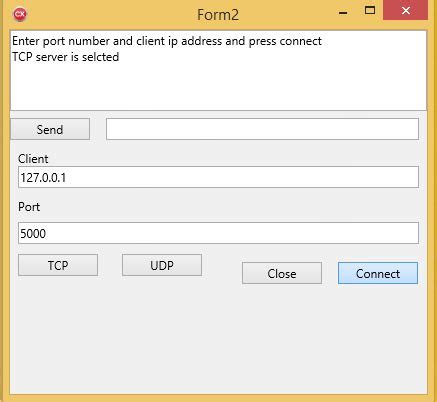*Mainly
Entry
The Bitcoin network is a decentralized Peer-to-Peer system that allows city users and transaction verification. One of the basic network elements is a shortcut indexing block, which allows you to quickly search and download previously extracted blocks. However, this indexing process is susceptible to errors for various reasons, such as high network traffic, outdated software or insufficient RAM. In this article, we will discuss the general question that arises during an attempt to index and create a board from all blockchairs on blockchain using Pysthon RPC (combination of a remote procedure).
error message analysis
A specific error message indicates that the limitation of the “multiple use” of the subordinate operating system protocol. More precisely, he declares:
“[Winerorror 10048] Only one use for each title of the ground (protocol/network …”
This error usually occurs when many processes or threads try to use the same nest title at the same time, which causes an exhausted resource.
Causes and solutions
To solve the problem, we must determine the cause of the problem. Here are some possible reasons:
- Network overload : It may run out of high -network traffic sockets.
- Last software : Older versions of Bitcoin software are not compatible with newer RPC protocols.
- Important frames : limited memory may cause distribution of division.
To solve this problem, we will use the “RPC” catalog provided by the Bitcoin Core Client to index and create a board of all blockair. This will be achieved thanks to more sockets.
Code implementation
Here is a Python script that shows how to index and create a RPC board from each blockchain block:
`Python
Import json
From the RPCCLient Import client
Def get_block_hashes ():

Set Bitcoin Core customer with the appropriate RPC and network end point
Client = customer ('
Get a block of flats from Hashuk
Answer = Client.get_blocks ()
Block_hashes = []
Block in response:
Block_hash = block ['Blockhash']
Block_hashes.append (block_hash)
Return block_hashes
Defreate_index ():
Set the size of the index table
Array_size = 100
Create an empty list of indexed hashok block
index_array = []
Loop at each brief of the block and add to the index table
For block_hash at get_block_hashes ():
to try:
Client = customer ('
Get the latest block with the same abbreviation using RPC
Answer = client.get_latest_block (block_hash)
If you are successful, add a shortcut to the index table
If you do not answer ["block"]:
index_array.append (json.lylads (answer))
Except for json.jsondecodeerror:
Print (f "failed to download the block {block_hash}")
Return the index_array
Sample index Creating and printing
index_array = create_index ()
To i, block the list (index_array):
Print (f "block {i+1}: hash = {block ['hash']}, index = 0x {i}")
Explanation
In this script, we use the “RPCClient” catalog to interact with the Bitcoin Core client. First, we configured a copy of the customer and we use the “Get_Blocks ()” method to download a list of blocks with an abbreviation.
Then we create an empty list for storing the indexed Hashok block (Index_array) and subtracting each block. We try to get the latest block with RPC for each shortcut, sending a request to `Get_latest_block ().